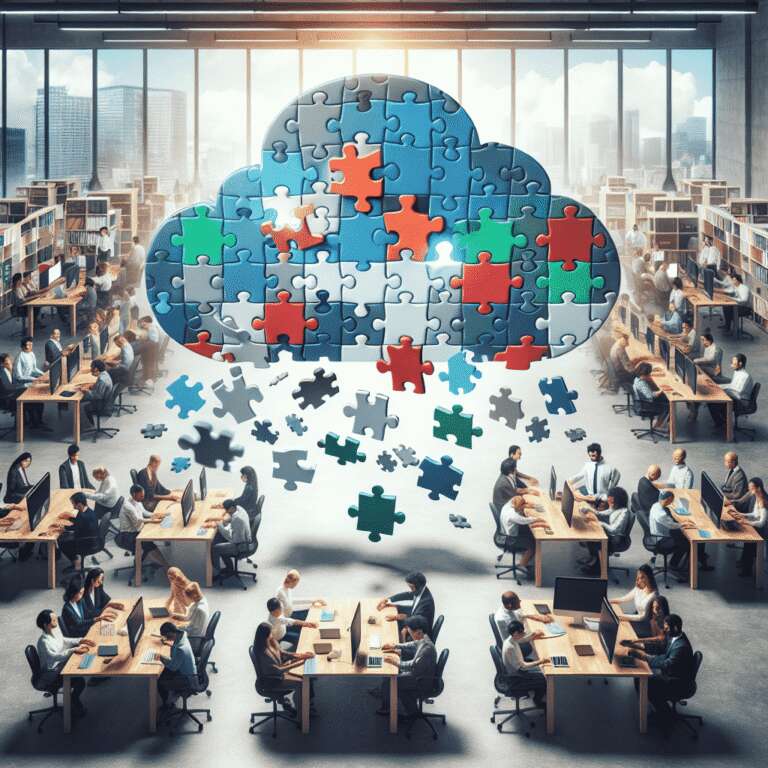As Artificial Intelligence technologies advance, businesses face significant pressure to overhaul traditional infrastructures. Particularly for brick-and-mortar companies, leveraging cloud computing and robust data practices is now central to embarking on digital transformation initiatives and remaining competitive within Artificial Intelligence-driven markets.
In a recent webcast organized by MIT Technology Review Insights, industry leaders highlighted the essential building blocks for digital transformation, including the shift of infrastructure and data management to the cloud. They stressed that successful Artificial Intelligence adoption requires comprehensive upskilling across the workforce and that implementing digital processes is critical for enabling seamless, future-ready operations. Ensuring relevance in rapidly changing sectors, the experts emphasized, demands that companies act now rather than risk obsolescence.
The session featured top technology executives Mohammed Rafee Tarafdar, Chief Technology Officer at Infosys, and Sam Jaddi, Chief Information Officer at ADT. Both leaders shared their experience in orchestrating company-wide Artificial Intelligence adoption and building strategic technology visions. Tarafdar discussed driving an organizational ´AI First´ approach at Infosys, focusing on scaling emerging technologies and fostering high talent density, while Jaddi shared insights on designing technology roadmaps to enhance both customer and employee experiences at ADT. The discussion concluded that integrating Artificial Intelligence is no longer isolated to IT departments; instead, it requires every employee to become either an Artificial Intelligence creator or consumer, fundamentally altering business dynamics and enabling sustained innovation.

